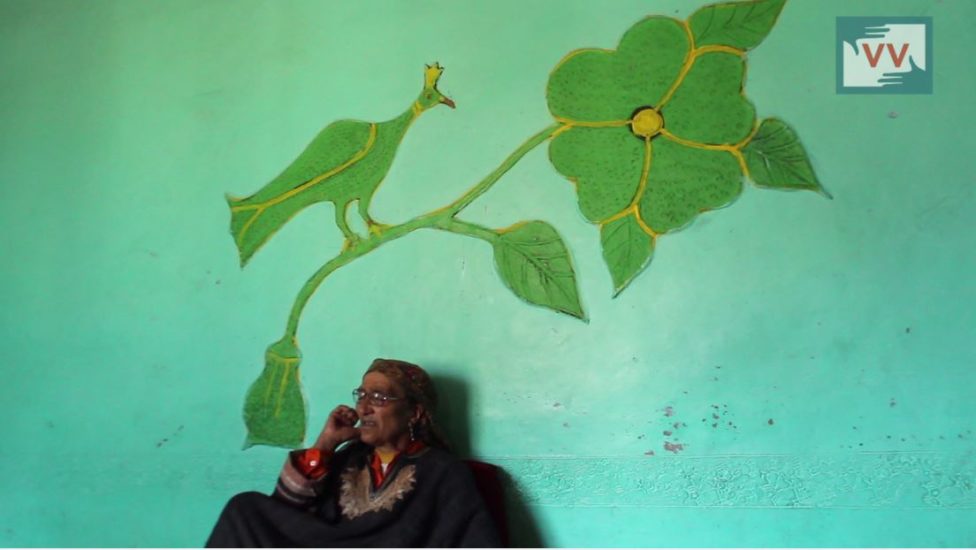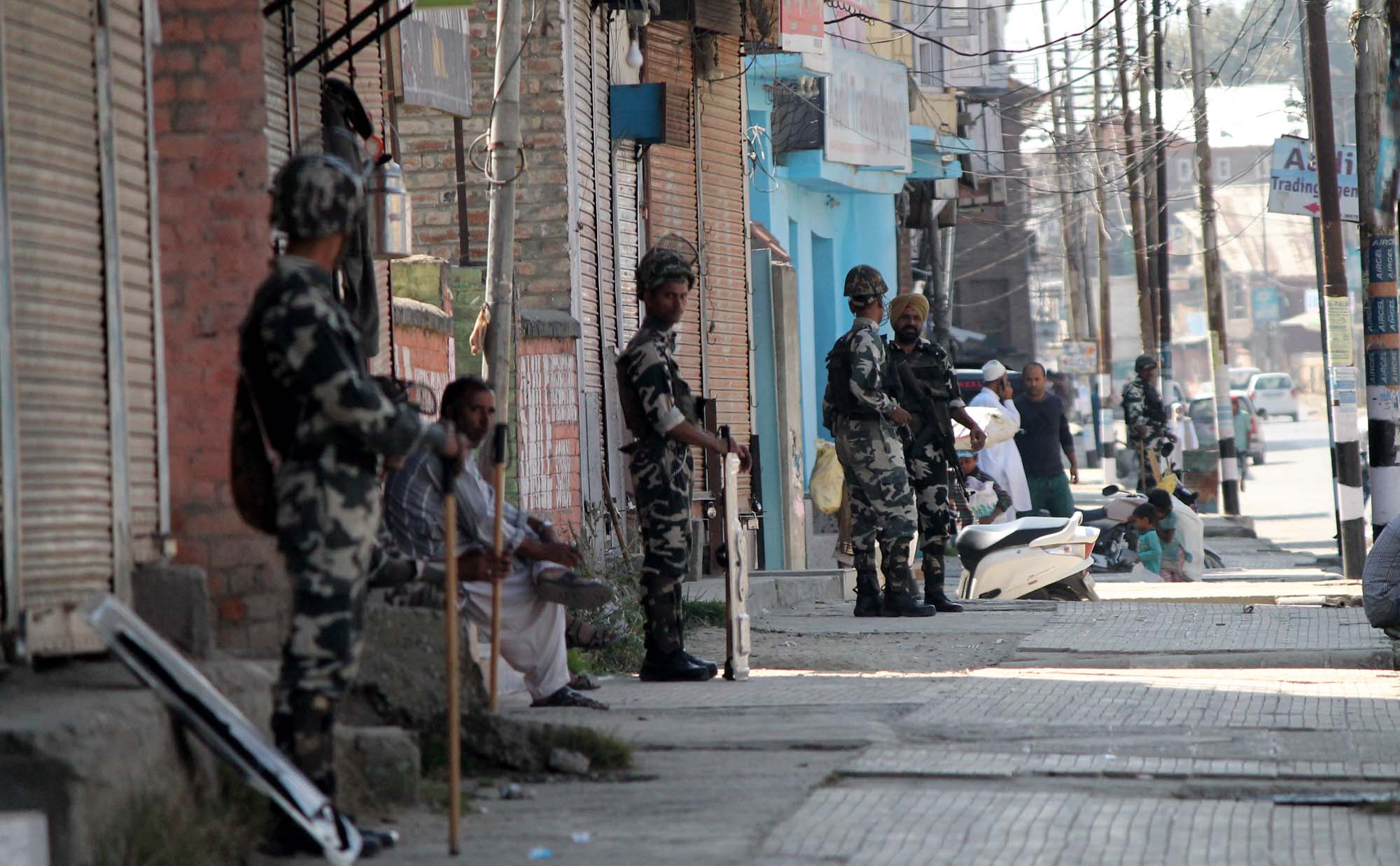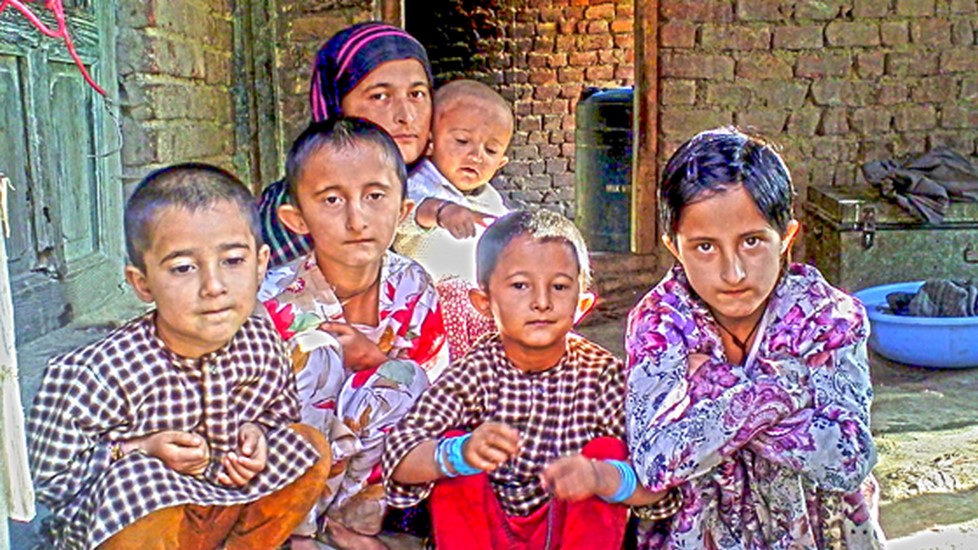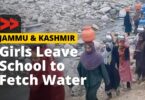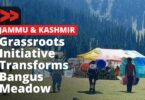Video By: Sharaz Sikander | Article By: Alankrita Anand
Governments come and governments go, but in half a century, none has built a road to this government higher secondary school in Islamabad, Poonch.
The 17th general elections are round the corner, as are assembly elections in several states. The assembly elections preceding the general elections will set the mood at the national level and give an insight into patterns of voting. The central and the state governments will see citizens exercise their franchise based on their performance in the last five years.
Jammu and Kashmir, which has been under Governor’s Rule since late June this year, is also set to hold elections to its municipalities and panchayats next week. However, voters in Islamabad, a village in Poonch, are not happy with the way elected representatives have treated them in the past. Akram, a resident of the village, believes that once elected, leaders turn a blind eye to the village’s problems; all promises are made only when they are in need of the winning votes.
The government established a higher secondary school in the village in 1969. The ‘road’ leading up to the school, however, is merely a dirt track carved out of the surrounding hills. The condition of the road makes it dangerous to commute, especially in the rains, and even impossible for those who cannot afford it.
“We have to change the tyres of our vehicles almost everyday, and that costs money,” says Jameel, a resident of Islamabad. Jameel hopes that the media will use its power to report on pressing issues like the road.
Qasim, a teacher at the school, adds that reports of inaccessibility, violence and poor quality of education may affect children’s psyche, making them fearful of going to school. “If a child hears that another child has been injured in cross-border firing, even this child will be apprehensive of going out. These factors affect the education of children living along the border areas,” he says. Quality of education and supporting infrastructure is not only about convenience but about the overall perception a child develops of education. It is also reflective of the government’s priorities and commitment.
“The Member of Legislative Assembly (MLA) is not coming to address the situation because he has already been elected the MLA by us. Had we not elected him, he would have come to get votes”, says Akram.
Road connectivity has been a poll promise in many places. In West Bengal, the government promised to build 13,000 kilometers of rural roads five months before the panchayat elections of May 2018. In Bihar too, Community Correspondents reported that votes have been cast hoping for roads that open access to necessities and opportunities, but the roads never see the light of day.
In conflict-ridden Jammu and Kashmir, going to polls and forming governments has always been fraught with contentions, but it is the seemingly small things, like the unfulfilled promise of building a road to a school, that can can have an impact at the micro-level.
Community Correspondent Sharaz Sikankar points towards the many problems that affect life and hamper children’s education in the region. While shelling and ceasefire violations bring life to a standstill and create an environment of fear, Sharaz lays emphasis on the effect of other problems like the lack of public infrastructure and road connectivity. “The latter are easier to resolve, the government should at least act on them,” he says.
Support Sharaz and the community by calling the MLA of Poonch Haveli, Shah Mohammad Tantray, at +91-8493855666, and urge him to ensure road connectivity in Islamabad.

